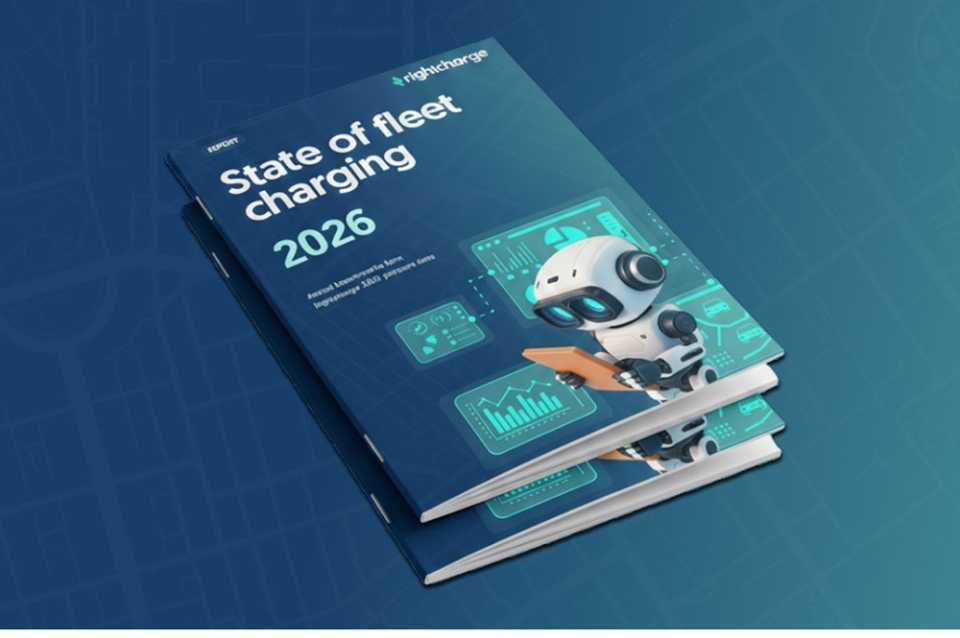Forty-seven per cent of local authority owned public charge points are fully compliant with the government’s 2024 Public Charge Point Regulations (PCPR), research by Drax Electric Vehicles has found.
Drax contacted 210 local authorities across the UK using a Freedom of Information request, and of the 90 per cent that responded, 47 per cent informed them that they were fully compliant, 21 per cent admitted zero compliance, while 50 local authorities reported challenges such as funding gaps and technical hurdles.
The government introduced the PCPRs in 2023 to: “ensure that the experience of consumers using public charge points across the UK is consistent and positive”.
Since November 2023, owners and operators of charge points nationwide have been required to show the maximum price of a charging session. Starting yesterday, (24th November 2024), they will need to comply with four additional regulations: contactless payment, 99 per cent reliability, free 24/7 helpline, and using the Open Charge Point Interface (OPCPI) for greater accessibility.
Moreover, from 2025 onwards, charge point operators will be required to allow drivers to connect with roaming providers, allowing charging points to reliably support operational demands, particularly for those making long-range journeys.
Adam Hall, director of energy services at Drax Electric Vehicles, said: “These findings highlight both progress and opportunity. Councils are working hard to modernise their EV infrastructure, but barriers continue to exist. Bridging these gaps is essential to not only build confidence in the UK’s EV growing market but also help make the transition smoother for businesses and fleets who rely on a reliable public charging network.”
Despite promising data, compliance across UK councils differs. In England, over half (56 per cent) of English local authorities with data reported full compliance. 22 councils reported challenges such as funding limitations and contactless payment issues, which was attributed to factors like outdated chargers and signal strength.
In Wales, mixed results show 43 per cent are fully compliant and 43 per cent are entirely non-compliant. However, all councils are working towards compliance and have outlined plans, demonstrating their commitment. Scotland had the lowest rate of compliance, with only 24 per cent of responding councils compliant. 20 out of the participating 31 councils highlighted barriers such as outdated infrastructure, underscoring the need for investment.
Naomi Nye, EV charging expert at Drax Electric Vehicles, said: “The regional differences highlight the need for greater collaboration and support to ensure that no council is left behind in building a robust charging network. These differences also impact businesses and fleets, who depend on equitable access to reliable charging infrastructure, regardless of location.”
Out of the 20,979 public charge points operated by responding councils, 58 per cent are full PCPR- compliant.
Adam further commented: “For UK businesses, a dependable public charging network is critical for fleet operations and long-range efficiency. While we’re helping businesses instal reliable EV charger at their sites, public infrastructure must also keep pace. PCPR compliance ensures EV drivers have access to dependable charging options, no matter where they are.”
42 per cent of councils reported specific challenges that hindered their ability to achieve full compliance. These challenges included technical difficulties in adapting older charge points to support contacts payment systems due to outdated hardware systems and complexity with signal strength, insufficient funding for necessary infrastructure upgrades, and issues with managing the reliability of charge points and associated helpline services.
Despite these obstacles, 107 councils have proactively shared compliance steps, indicating steps towards improvement.
Naomi Nye added: “While compliance is not yet universal, the transparency and proactive engagement in addressing these issues are commendable. Businesses can be reassured that efforts to strengthen the network are underway.”
With the recent PCPR deadline yesterday (24th November 2024), Drax Electric Vehicles calls for increased collaboration between councils, the private sector, and the UK government. Transparency about progress and barriers will be essential to developing a future-ready charging network that will aid in achieving the UK’s net-zero ambitions by 2050.
Naomi Nye said: “Achieving compliance is just the beginning. For businesses and fleets, the priority must also be on future-proofing the UK’s EV infrastructure. Collaborative solutions today will ensure that fleets have access to an inclusive and resilient charging network.”
This progress encourages businesses and fleet operators to be optimistic about a more reliable public charging ecosystem, while emphasising the importance of collaboration and long-term investment to meet their operational needs.







